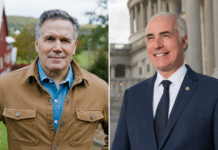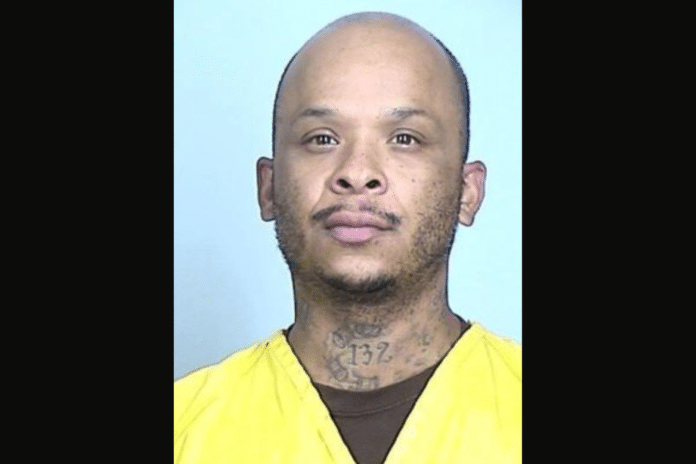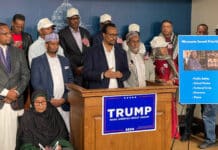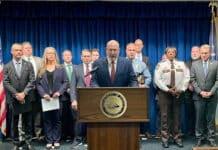A Minneapolis man has been sentenced to 262 months in prison for seven violent armed robberies of Twin Cities businesses in the summer of 2020.
The sentencing for Derrick Lee Spillman, 41, was announced Thursday by Acting U.S. Attorney Charles J. Kovats. Spillman was sentenced by Senior U.S. District Judge Ann D. Montgomery.
Court documents in the case say on July 28, 2020, Spillman robbed three Twin Cities businesses, including a Holiday gas station and two liquor stores.
On July 30, 2020, Spillman continued his crime spree by robbing four businesses within eight hours. Just before 7 a.m. on that date, Spillman held up a gas station on the 7200 block of University Avenue Northeast in Fridley, another gas station on the 6400 block of West River Road in Brooklyn Center at approximately 7:08 a.m., a sandwich shop on the 2100 block of Lowry Avenue North in Minneapolis just before 1 p.m., and another gas station on the 9400 block of 27th Avenue North in New Hope just before 4 p.m.
During the incidents, Spillman pointed a handgun at employees, racked the slide of the gun, and demanded cash from the registers.
Spillman pleaded guilty in August of last year to seven counts of Hobbs Act robbery and one count of brandishing a firearm during and in relation to a crime of violence. The Hobbs Act allows federal prosecutors to charge individuals who commit armed robberies of businesses engaged in interstate commerce.
Offenders sentenced in federal court must serve a minimum of 85% of their sentence incarcerated before being considered for release, unlike Minnesota state sentencing which only requires offenders to serve two-thirds of their sentence incarcerated.
The U.S. Attorney’s Office said the case was the result of an investigation conducted by the FBI, the Minneapolis Police Department, the Fridley Police Department, the Brooklyn Center Police Department, the New Hope Police Department, and the St. Paul Police Department.
– – –
Minnesota Crime Watch & Information publishes news, info and commentary about crime, public safety and livability issues in Minneapolis, the Twin Cities and Greater Minnesota.


















